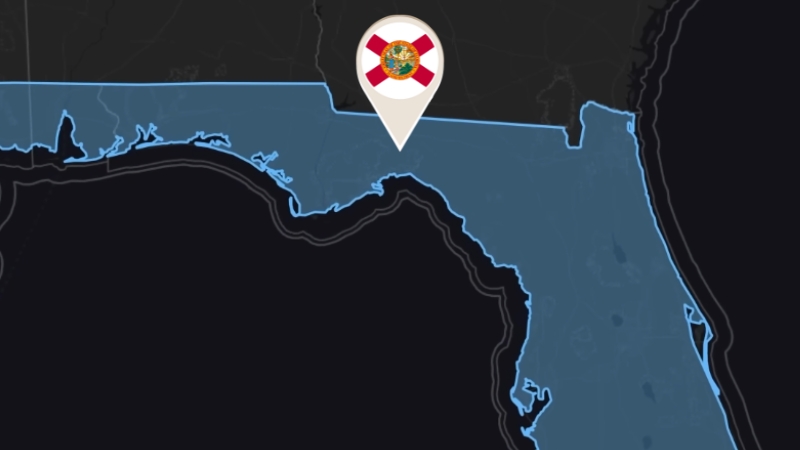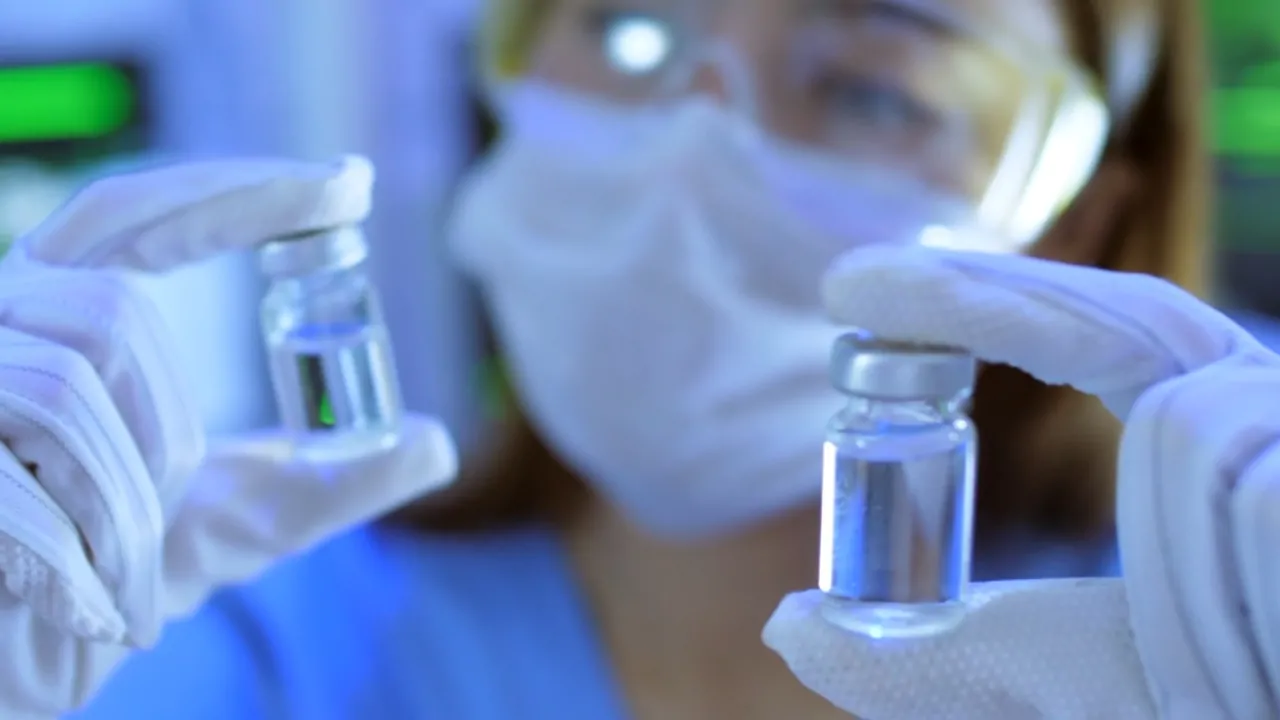Tallahassee, the county seat of Leon County and the capital of Florida, is located in the United States about 164 miles (265 km) west of Jacksonville.
Nestled near Florida’s border with Georgia in the state’s largely rural panhandle, it’s approximately 28 miles (45 km) north of the Gulf of Mexico coast.
In the heart of the city, you’ll find the Historic Capitol of Florida in the foreground, with the towering Florida State Capitol building behind it.
Back in 1824, Tallahassee became the capital of the State of Florida. It retained its status when Florida was admitted to the Union as a state in March 1845.
As of 2017, Tallahassee is Florida’s seventh-largest city, boasting a population of about 191,000 residents, with around 382,000 people in the metropolitan area.
Locals often refer to the city as “Tally” or “The Big T.”
Table of Contents
ToggleGeography and Climate
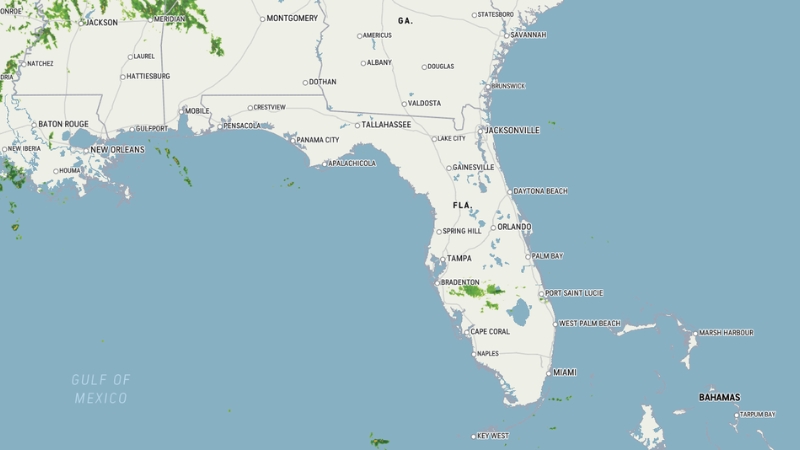
Tallahassee, set among the rolling hills of northwest Florida’s Big Bend region, sits about 20 miles north of the Gulf of Mexico and only 14 miles south of Georgia.
Known for its unique hilly terrain, which is uncommon in Florida, some areas within the city, including downtown’s Capitol complex, reach elevations over 200 feet, with the county’s highest point at 288 feet.
The area’s geology varies, with limestone-rich northern hills giving way to sandy, flatlands in the south. Natural resources include abundant limestone, kaolin clay, and extensive timber, with scenic canopied roads and designated wildlife reserves in the hilly north and Apalachicola National Forest to the south.
Tallahassee enjoys a mild, moist climate, featuring four distinct seasons with hot, humid summers and relatively mild winters.
Summers are subtropical with frequent thunderstorms, over 90 days of temperatures above 90°F, and the occasional hurricane about every 17 years.
Prevailing winds from the south shift northerly in cooler months, and annual rainfall averages 63.5 inches, supporting rich local flora and a range of wildlife habitats.
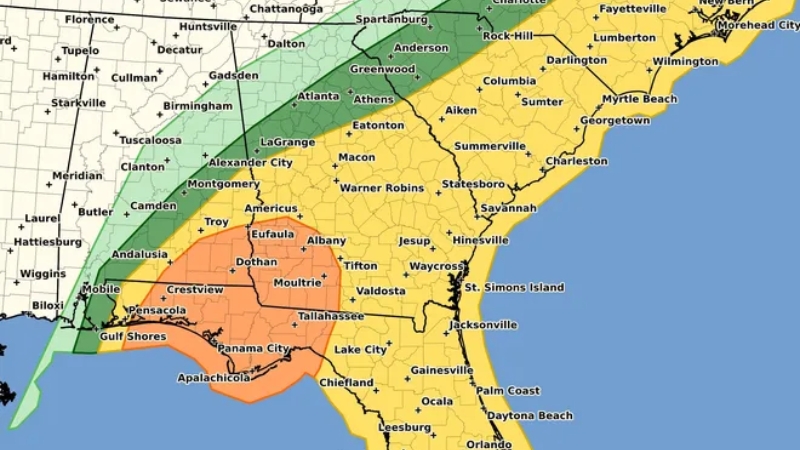
Climate Averages for Tallahassee
Month
Avg. High (°F)
Avg. Low (°F)
Days > 90°F
Days < 32°F
Rainy Days
Rainfall (in)
Jan
64
40
0.0
10.8
10
4.7
Feb
67
42
0.0
7.7
9
4.9
Mar
73
48
0.0
3.1
9
6.2
Apr
80
53
1.4
0.3
7
4.0
May
86
62
7.8
0.0
9
4.6
Jun
90
69
19.6
0.0
12
7.0
Jul
91
71
23.1
0.0
16
8.6
Aug
91
72
22.0
0.0
15
7.0
Sep
88
68
15.2
0.0
9
5.5
Oct
81
57
1.8
0.3
5
3.2
Nov
72
47
0.0
4.1
7
3.5
Dec
66
41
0.0
9.5
8
4.3
Annual
78.7
55.7
91.0
35.7
116
63.5
Population of Tallahassee
Tallahassee, the capital of Florida and the county seat of Leon County, has a 2025 population of 203,650, growing at an annual rate of 0.71% according to World population Review.
It has had steady growth from its last census in 2020 when it had 196,169 people living there.
This popular college town, home to Florida State University, Florida A&M University, and Tallahassee Community College, has a median age of 27.6 years and a notable poverty rate of 24.27%.
Tallahassee’s educational attainment is high, with 49.9% of residents holding at least a bachelor’s degree, significantly above state and national averages.
Historically, the city has seen periods of rapid growth, particularly in the early 20th century, and has developed as an educational and cultural hub with institutions like the National High Magnetic Field Laboratory and historical sites related to Spanish, Native American, and Civil War histories.
Racial Composition
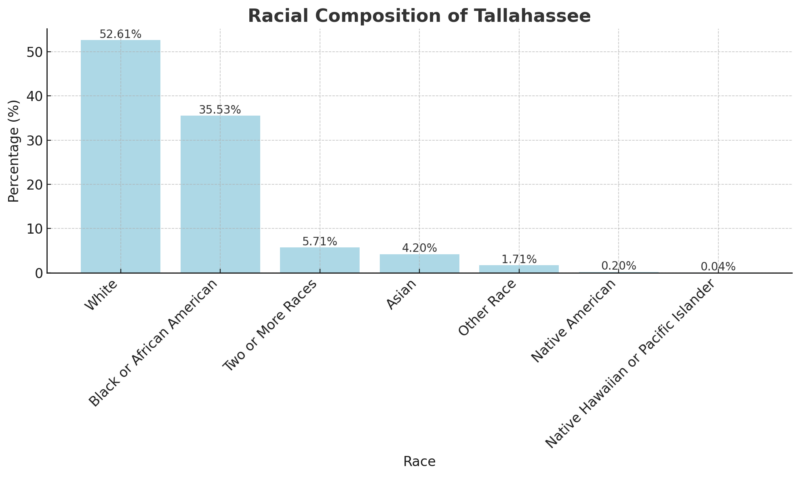
Tallahassee Crime Overview
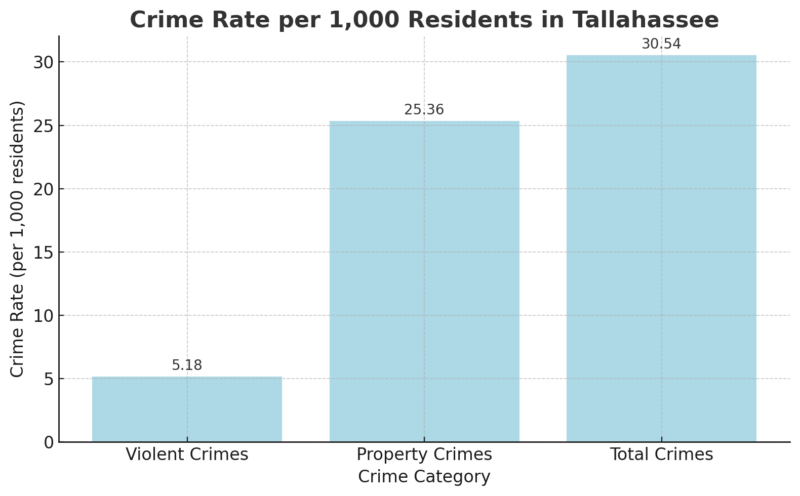
This table shows that Tallahassee experiences a relatively high rate of property crime, with 25.36 incidents per 1,000 residents, and a significant violent crime rate as well according to Neighborhood Scout. The likelihood of experiencing property crime in Tallahassee is higher than that of violent crime.
Crime Category
Total Crimes
Chance of Victimization
Violent Crimes
1,045
1 in 193
Property Crimes
5,116
1 in 39
Total Crimes
6,161
–
Tallahassee vs. Florida
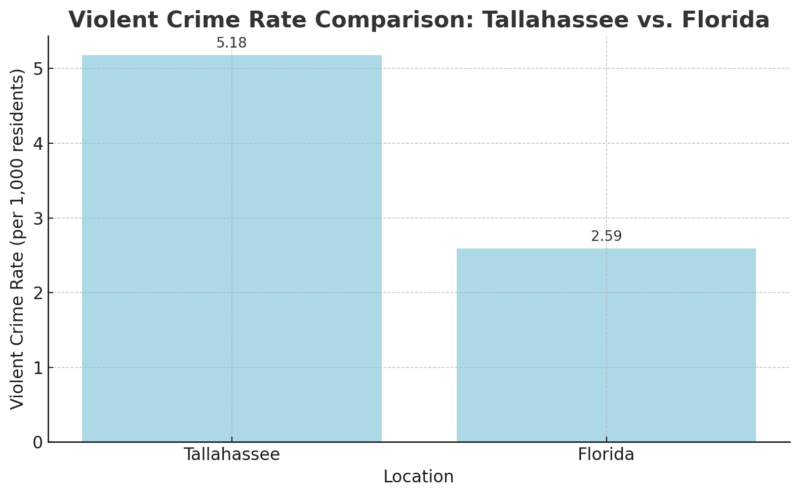
Compared to the state average, Tallahassee has a considerably higher rate of violent crime. This increased rate nearly doubles the statewide average, suggesting a higher-than-average chance of encountering violent crime within the city.
| Location | Chance of Victimization |
|---|---|
| Tallahassee | 1 in 193 |
| Florida | 1 in 386 |
Property Crime
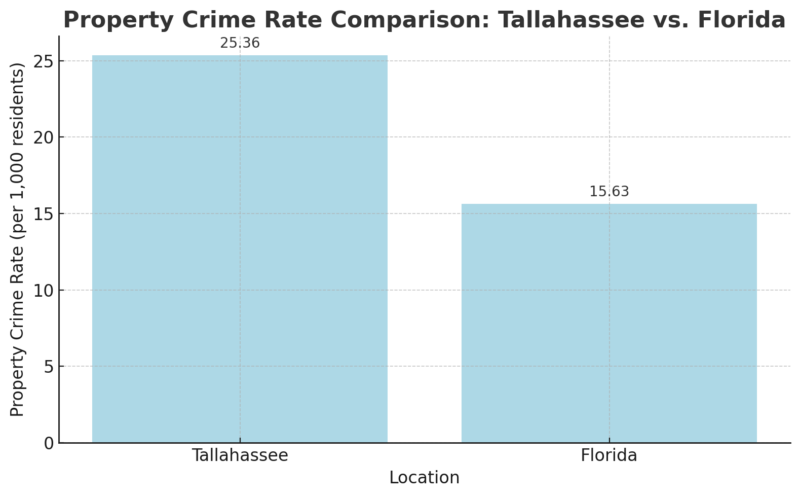
Property crime in Tallahassee is also notably higher than the Florida average, with residents experiencing a 1 in 39 chance of victimization compared to the statewide 1 in 64 chance. This data emphasizes Tallahassee’s higher property crime rates.
| Location | Chance of Victimization |
|---|---|
| Tallahassee | 1 in 39 |
| Florida | 1 in 64 |
U.S. Crime Rates for Reference
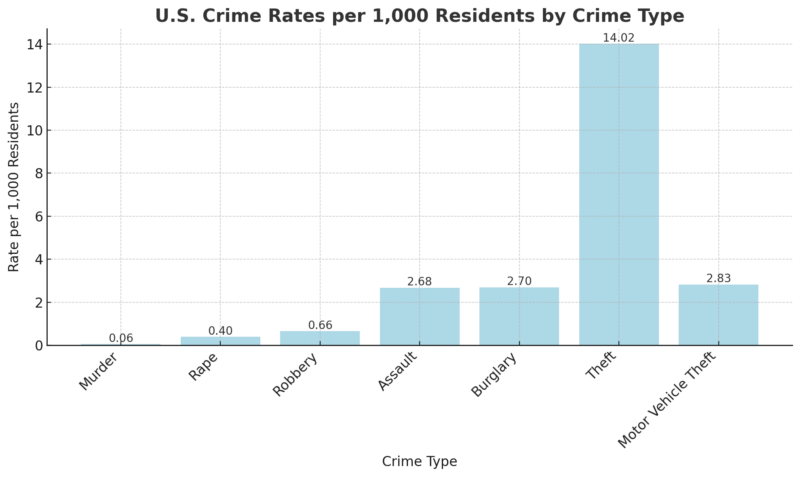
For comparison, national averages for specific crime types reveal lower violent crime rates than those in Tallahassee. While Tallahassee’s rates are higher than national averages, the U.S. still experiences substantial rates of theft and property crime overall, showing the broader trend of property-related crimes across the country.
What Are Points of Interest in This City?
Florida State Capitol Complex
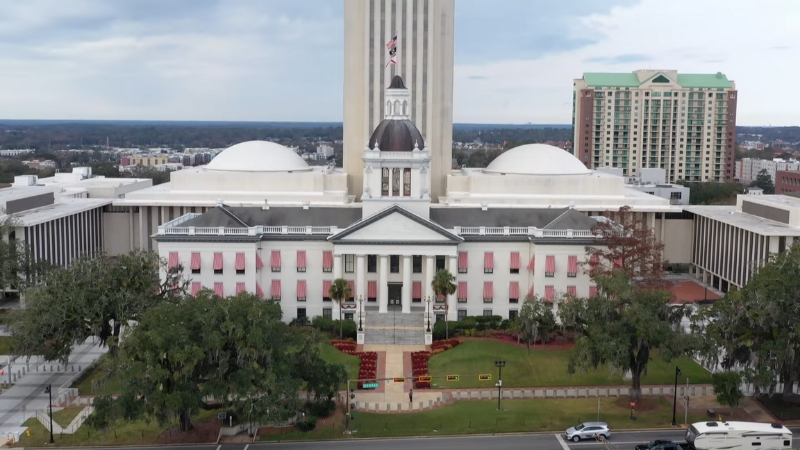
The Florida State Capitol Complex comprises four main buildings:
- Old Capitol Building: This 19th-century building now houses the Florida Historic Capitol Museum, showcasing the state’s political history.
- House of Representatives Building: Where the state’s legislative body meets.
- Senate Chambers: The meeting place for the Florida Senate.
- Executive Office Building: A 22-story tower that accommodates various executive offices.
Tallahassee Museum
The Tallahassee Museum highlights the natural and cultural history of the Big Bend region from the 19th century to today.
Located on Lake Bradford, this outdoor museum features:
it is home to native animals in natural settings.
Museum of Florida History
The Museum of Florida History presents artifacts covering Florida’s history and prehistory, including:
- Native American Heritage: Exhibits on indigenous cultures.
- Spanish Exploration: Artifacts from early explorers.
- Civil War History: Items and information on Florida’s role.
- Modern Developments: Showcasing technological and social progress.
Lake Jackson Mounds Archaeological State Park
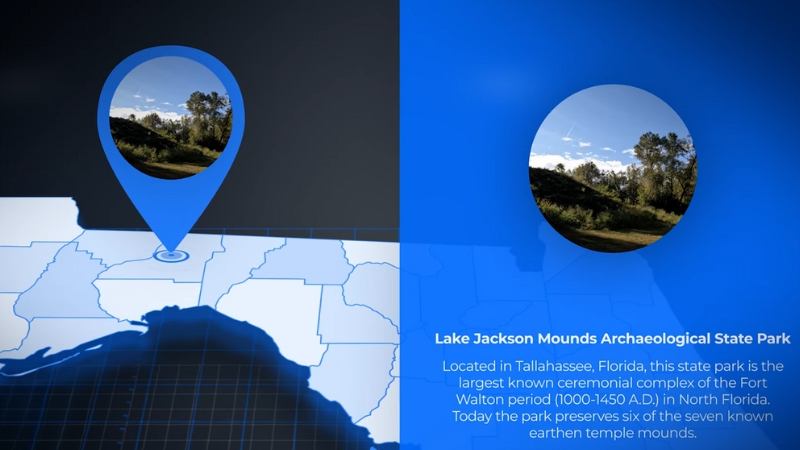
Built by the Fort Walton Culture between 1000 and 1450 AD.
You can find paths that explore the ceremonial grounds and natural beauty.
Tallahassee Automobile Museum
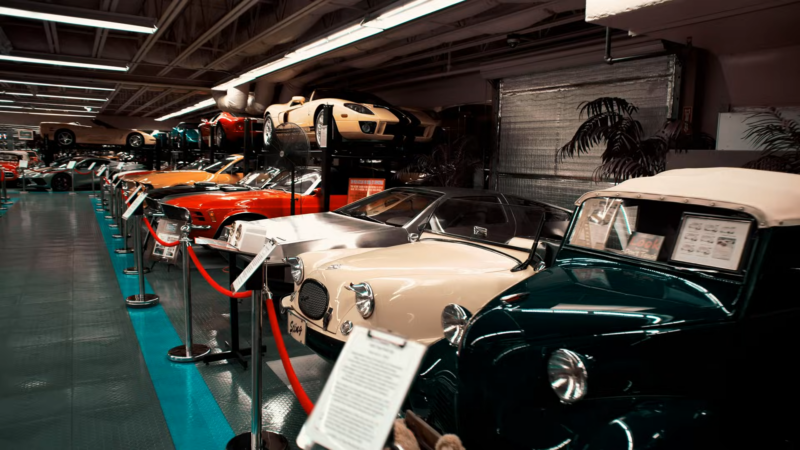
The Tallahassee Automobile Museum, established in 1996 by DeVoe Moore, is a premier destination in Tallahassee, Florida, for automobile enthusiasts and collectors of unique memorabilia.
It features an extensive collection of over 160 automobiles, ranging from rare antiques to modern classics, including multiple Batmobile replicas from various eras.
Beyond cars, the museum houses diverse collectibles such as antique timepieces, Steinway pianos, sports memorabilia, and historical artifacts like antique cash registers and Native American items.
Located at 6800 Mahan Drive, the museum offers educational programs, event spaces for up to 1,500 guests, and a gift shop, making it a comprehensive cultural experience.
Open daily from 8:00 AM to 5:00 PM, it provides visitors with an engaging exploration of automotive history and American culture.
Mission San Luis
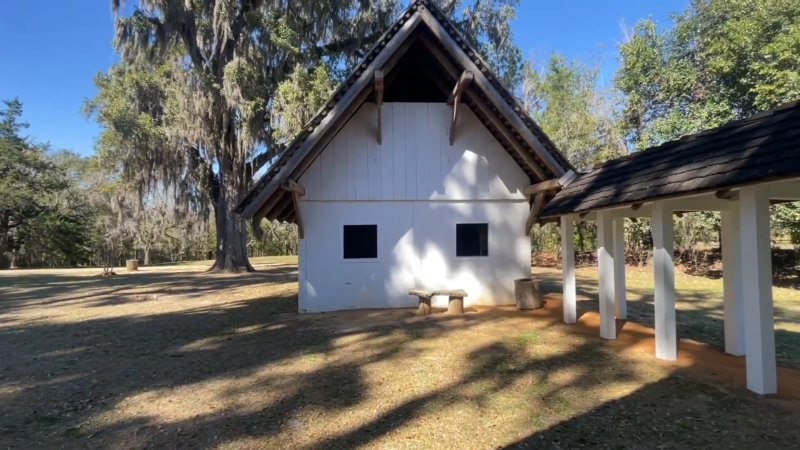
Mission San Luis, originally a 17th-century Spanish Franciscan mission, now serves as a living history museum in Tallahassee, Florida. It features reconstructed buildings, including a fort, church, and a large Apalachee council house, bringing the historical setting to life.
Costumed interpreters demonstrate daily activities and traditions of both the Spanish settlers and Apalachee people, offering a glimpse into the mission’s cultural past.
Interactive exhibits engage visitors with hands-on experiences, making it a dynamic educational site for exploring Florida’s early colonial history.
Council on Culture & Arts (COCA)
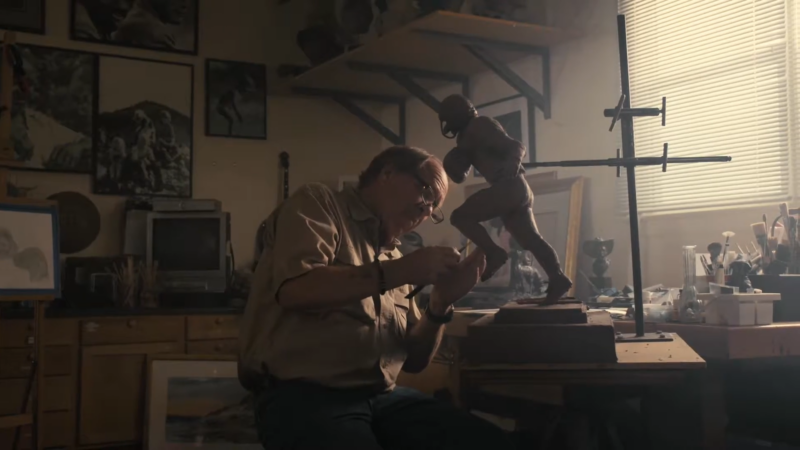
COCA, the Council on Culture & Arts, is the primary advocate for arts and culture in Tallahassee and the surrounding capital area. It supports the local arts community through various programs and resources, including the Tallahassee Arts Guide, a comprehensive platform for cultural events and activities.
COCA also facilitates community programs that encourage collaboration among artists, organizations, and the public, enhancing access to the arts.
Railroad Square Art Park
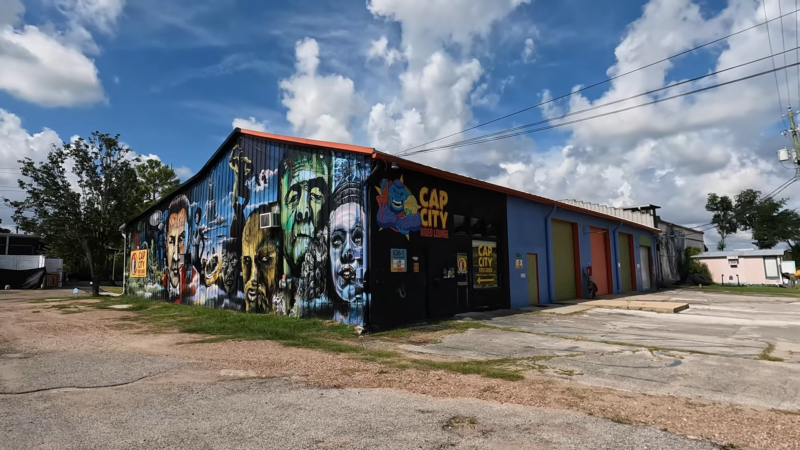
Railroad Square Art Park in Tallahassee spans over 10 acres and houses more than 70 galleries, studios, and creative spaces, making it a core destination for local art and culture.
The park’s cafes, specialty shops, and antique stores provide a unique shopping experience that reflects the district’s artistic flair.
On the first Friday of each month, the park comes alive with a celebrated event featuring rotating art exhibits, live performances, and a selection of food trucks, drawing hundreds of visitors and locals alike for a festive cultural night.
FSU School of Theatre
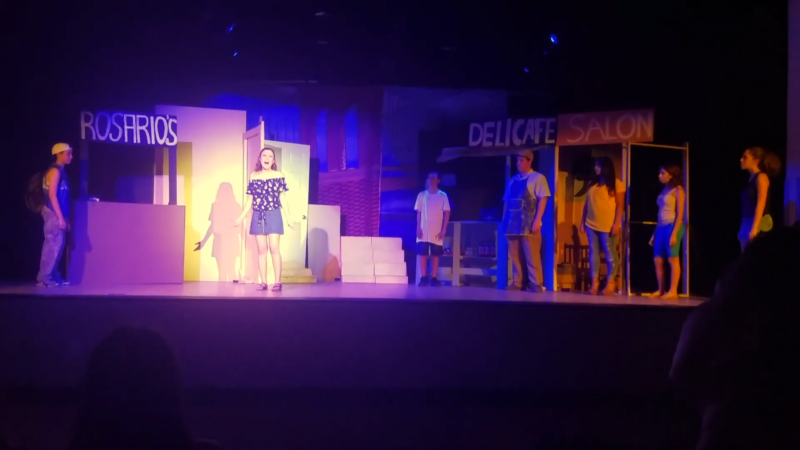
The FSU School of Theatre, part of Florida State University, offers multiple performance venues that showcase the diverse talents of its students.
Its largest venue, the Richard G. Fallon Theatre, hosts major productions, while the Lab Theatre provides an intimate 150-seat space for experimental and smaller-scale works.
The historic Augusta Conradi Studio Theatre offers 189 seats and a charming atmosphere, making it a treasured site for both traditional and contemporary performances.
Together, these theaters support a range of productions, highlighting the skills of emerging artists in a dynamic educational environment.
Co-Cathedral of Saint Thomas More
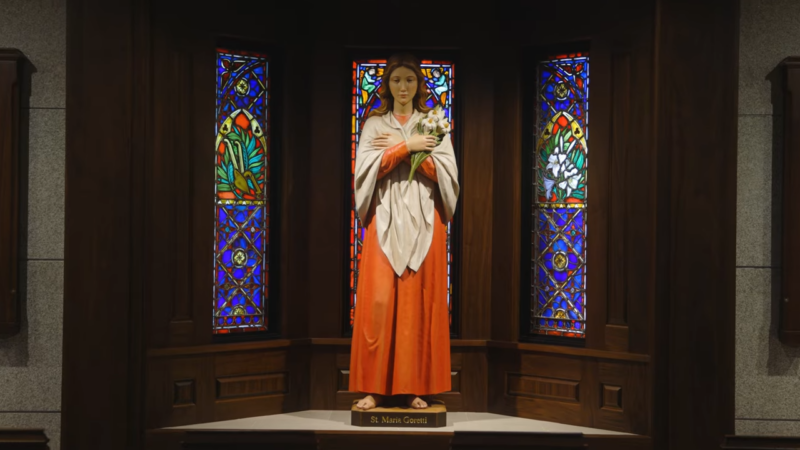
The Co-Cathedral of Saint Thomas More is a prominent Catholic church offering:
- Religious Services: Regular Mass and sacraments.
- Community Events: Educational programs and outreach.
- Architectural Interest: Notable for its modern design.
Doak Campbell Stadium
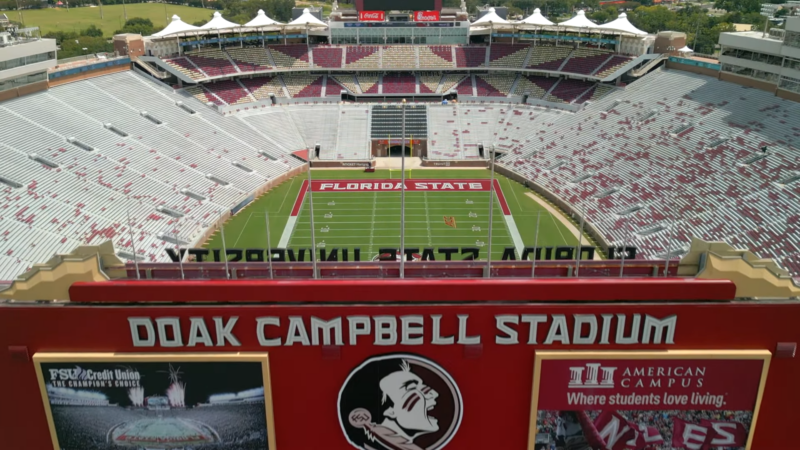
Doak Campbell Stadium, located on the Florida State University campus in Tallahassee, is the home field of the FSU Seminoles football team.
With a seating capacity of over 79,000, it’s one of the largest stadiums in the Atlantic Coast Conference, featuring luxury boxes, advanced sound systems, and other modern amenities.
Known for its electrifying atmosphere, Doak Campbell is especially celebrated for its game-day traditions, including the Sod Cemetery and the Marching Chiefs band, creating a memorable experience for fans.
Mike Martin Field at Dick Howser Stadium
Mike Martin Field at Dick Howser Stadium is the dedicated baseball stadium for FSU’s Seminoles, located adjacent to Doak Campbell Stadium.
It accommodates approximately 6,700 spectators and includes updated amenities that cater to both players and fans, such as enhanced seating and training facilities.
The field is named after legendary coach Mike Martin and is regarded for its intimate yet lively atmosphere, making it a beloved venue for college baseball in the region.
Bragg Memorial Stadium
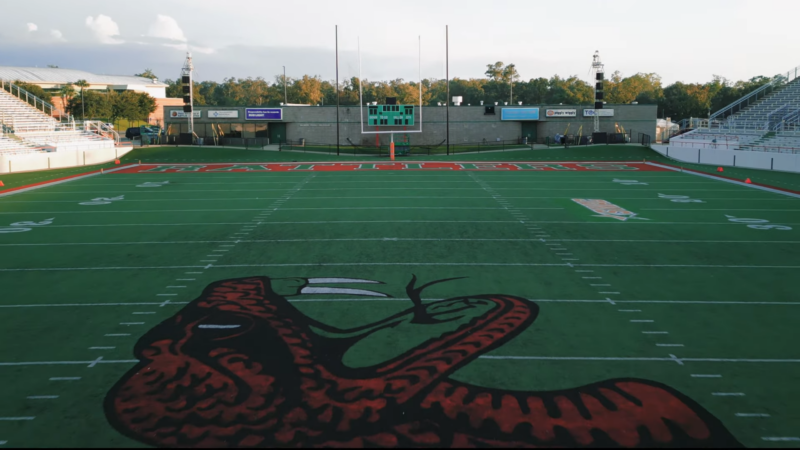
Bragg Memorial Stadium, located on the Florida A&M University campus in Tallahassee, serves as the home of the FAMU Rattlers football team.
With a seating capacity of 25,500, it hosts a range of athletic events and university functions, fostering school pride and community engagement.
The stadium’s location and design provide a spirited environment for fans, especially during homecoming and rivalry games, where the Marching 100 band enhances the vibrant game-day experience.
Parks and Waters
Cascades Park 🌳 pic.twitter.com/luVomaVjAq
— Aerial Tallahassee (@aerialtlh) October 7, 2024
Cascades Park is a 24-acre urban green space in the heart of downtown Tallahassee, nestled between South Gadsden Street and East Gaines Street.
The park features an open-air amphitheater with a seating capacity of 3,500 people, which regularly hosts concerts, performances, and community events.
An interactive water fountain offers a splash pad for children to enjoy, while its scenic walking trails connect to parts of the Capital Cascades Trail, winding through picturesque landscapes with views of a creek and surrounding greenery.
The park also includes multiple playgrounds designed for children of all ages, making it a popular spot for families and outdoor activities year-round.
Alfred B. Maclay Gardens State Park
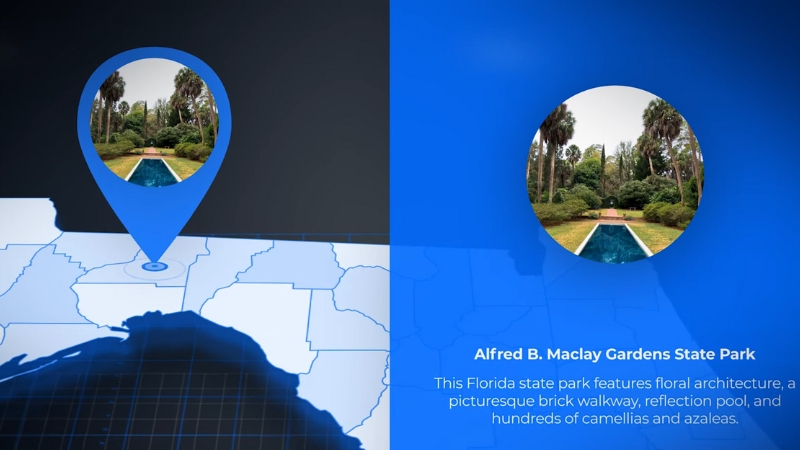
Located in Tallahassee just off Thomasville Road, spans over 1,100 acres and is renowned for its blend of natural beauty and historical charm.
The park features beautifully landscaped botanical gardens with ornamental plants, brick walkways, and serene reflection pools, showcasing vibrant blooms, especially in spring.
The Maclay House Museum, a historic home within the gardens, offers a glimpse into the area’s past, while the park’s extensive recreational options include hiking, biking, horseback riding, and access to Lake Hall for swimming, canoeing, and fishing.
Tom Brown Park
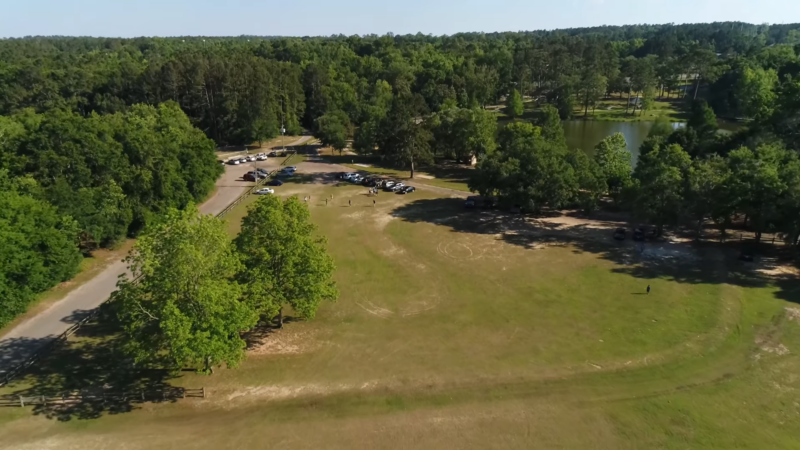
Tom Brown Park, one of the largest parks in Tallahassee, spans over 250 acres and is a central hub for outdoor recreation and community events.
It boasts extensive sports facilities, including multiple baseball fields, tennis courts, a BMX track, and an 18-hole disc golf course.
The park also features a 5-kilometer mountain bike trail and various walking paths, making it ideal for fitness enthusiasts and casual visitors alike, while frequently hosting local festivals and community gatherings
Lakes Overstreet and Hall
Lakes Overstreet and Hall, nestled within Alfred B. Maclay Gardens State Park in northern Tallahassee, provide distinct recreational opportunities in a lush, natural setting.
Lake Overstreet spans approximately 144 acres and is accessible through a network of trails, including the popular Overstreet Trail, a 3.5-mile loop that winds through pine forests and open meadows, ideal for hiking, jogging, and wildlife viewing, where visitors might spot deer, foxes, and various bird species.
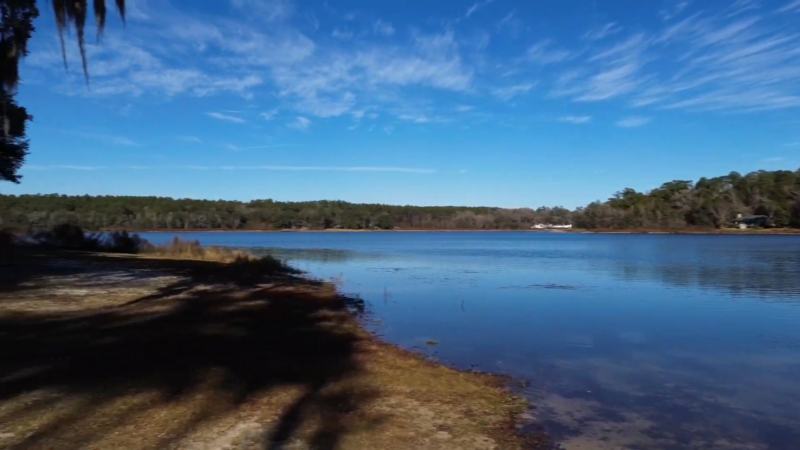
Lake Hall, slightly smaller at 90 acres, is known for its crystal-clear waters and offers a designated swimming area along with launch points for canoeing, kayaking, and fishing, where anglers can find largemouth bass, bream, and bluegill.
These lakes are a quiet oasis within the park, attracting both nature enthusiasts and families seeking a relaxing outdoor experience.
Lake Jackson
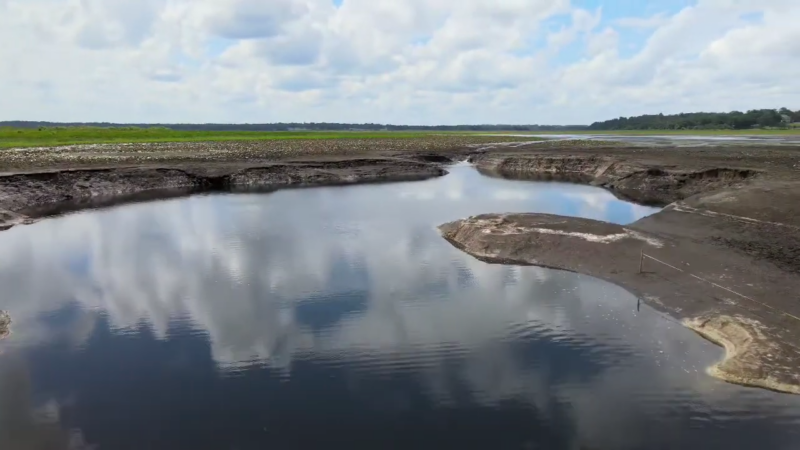
Lake Jackson, located in northern Tallahassee, is a shallow, 4,000-acre prairie lake known for its unique hydrology and ecological diversity.
The lake features Porter Sink and Lime Sink, two natural sinkholes that occasionally drain large sections of the lake, a phenomenon known as “disappearing water,” which occurs roughly every 25 years and impacts the local ecosystem.
Despite this, Lake Jackson provides a rich habitat for numerous bird species, including herons, egrets, and ospreys, as well as diverse aquatic life.
Popular for boating and fishing, the lake is accessible from various public boat ramps and is known for producing large bass, making it a favored spot for local anglers.
Lake Iamonia
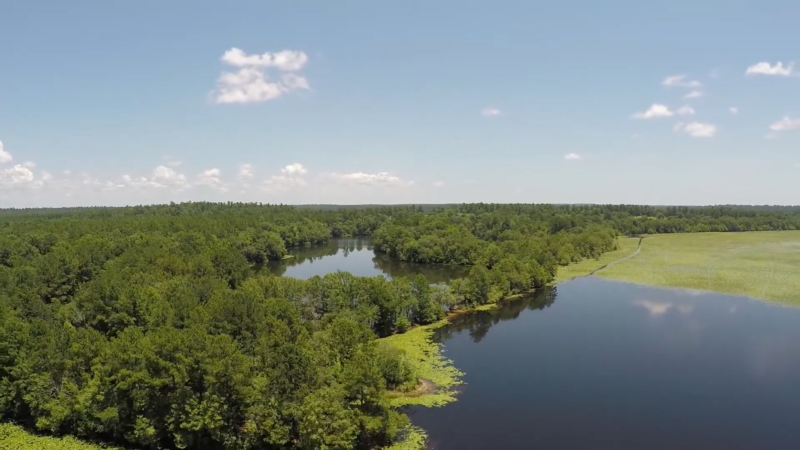
A large subtropical prairie lake north of Tallahassee, spans over 5,600 acres and is renowned for its thriving wetlands ecosystem.
The lake’s marshy areas and cypress-lined shores create a habitat rich in native flora and fauna, supporting species like alligators, turtles, and a variety of waterfowl.
Known for excellent fishing, Lake Iamonia attracts anglers for its populations of bass and bream, with numerous spots accessible for both bank fishing and small boats. Its scenic, undeveloped surroundings make it a tranquil destination for nature enthusiasts, offering an immersive experience in Florida’s natural landscape.
References:
- World Population Review – Tallahassee Population Growth
- U.S. Census Bureau – Tallahassee Demographics and Data
- Neighborhood Scout – Tallahassee Crime Statistics


